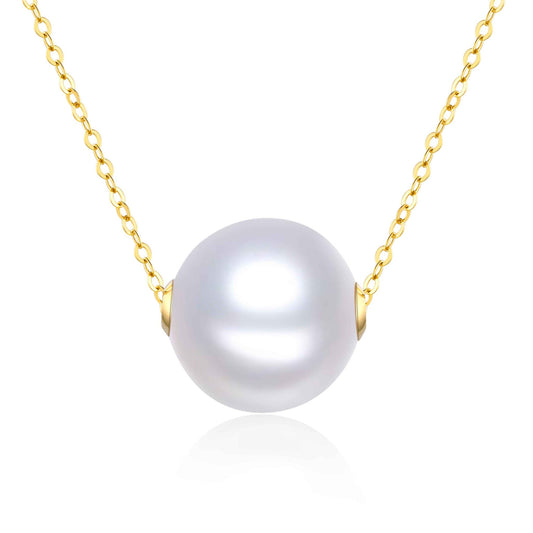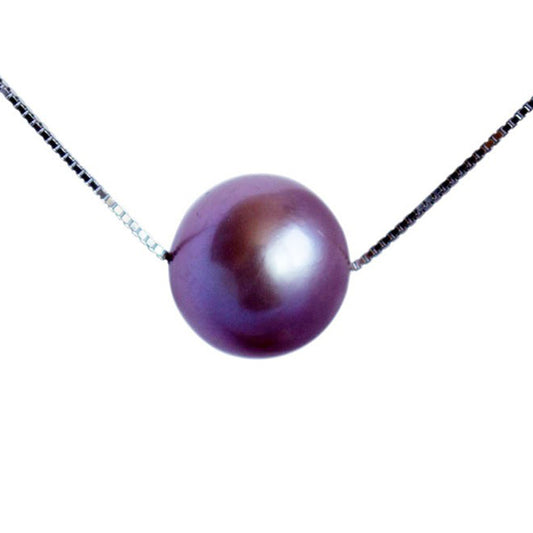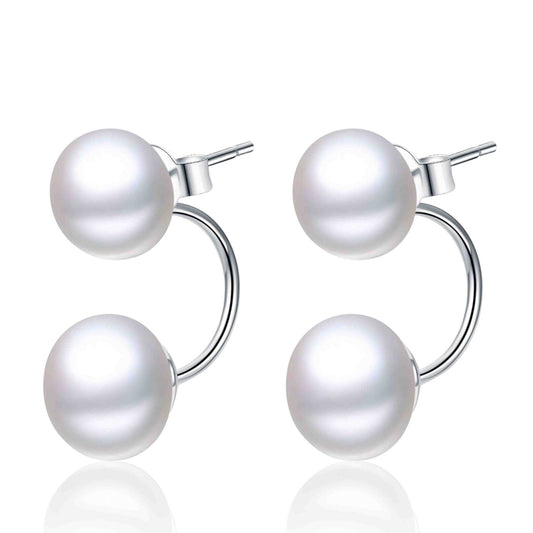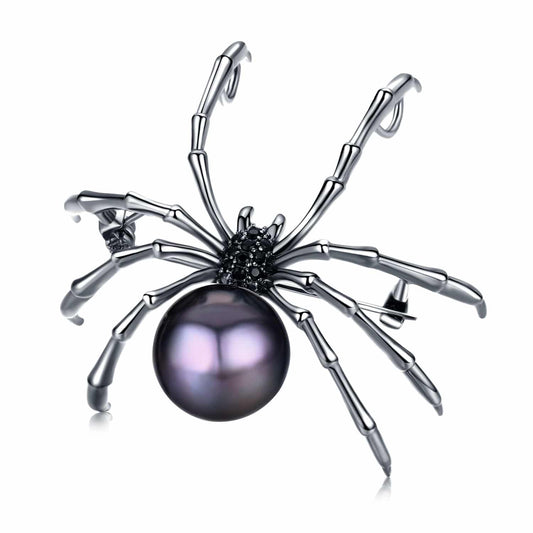As Independence Day is approaching, we decided to delve into our history to see what we can learn from our ancestors. This story of an unlikely friendship inspired us, and we decided to share with you. It’s the story of a Native American woman and a European-American settler who forged a bond at a time of war.
Nancy (Nanye’hi) Ward: Beloved Woman (1738-1822)
Seventeen-year-old Nanye’hi followed her husband, Kingfisher, into the Battle of Taliwa in 1755. A brave and formidable woman, she had no idea that she would make the history books because of the choices she made during that battle.
Nanye’hi was born in Chota, the capital of the Cherokee tribe, now called Monroe County, Tennessee. She was a member of the Wolf Clan and came from an important family – her uncle was the famous Chief Attakullakulla. Nanye’hi married a Cherokee warrior, Tsu-la, which means Kingfisher. During the 1755 battle between the Cherokee and the Muslogee (Creek Indians) about 500 Cherokee warriors stood against about 1,000 Creek warriors. Nancy’s job was to chew the lead bullet points for her husband, which made these bullets more deadly. When Kingfisher was killed in battle, she took up his rifle and continued to fight. The battle was fierce and the Cherokee was on the losing side. They started to retreat. But Nahye’hi, anger and adrenaline pumping through her veins, rallied the Cherokee warriors and lead a charge that ended the battle and brought victory to the Cherokee.
Because of Nanye’hi’s bravery and leadership, she was given the title of Ghighau – Beloved Woman – which made her one of the most powerful women in the tribe. She had the right to speak, vote, and she also had complete power over prisoners.
Trade Relations
During the late 1750s, the British colonists built Fort Loudon, which became a trading post to improve trade relations between the Cherokee and the settlers. Relations between them were cordial, and many Cherokee women married European-American settlers.
A few years after Kingfisher’s death, Nanye’hi married Bryant Ward, an English trader who was already married to a European woman who lived in South Carolina. Nanye’hi changed her name to Nancy Ward and learned to speak English. She and Bryant had a daughter, Betsy, and Bryant lived with them for several years. He later left to live with his European wife and children again, but he and Nancy often visited each other.
The more Nancy got to know the settlers, the more she believed that the best way for the Cherokee to survive was if they could co-exist peacefully with the settlers.
The War of Independence
During the French and Indian War, the Cherokee sided with the British against the French. When the Americans declared independence in 1775, the Cherokee still supported the British. The British capitalized on this relationship and encouraged the Cherokee to attack the American settlements.
Many of the Cherokee were not happy that the settlers were encroaching on their territory, so they were all too happy to take up arms against them. However, Nancy decided to side with the Americans instead. When some of the leaders of her tribe, lead by her brother, Dragging Canoe, were conspiring to attack the nearby settlements in July 1776, Nancy tipped off a white trader who then delivered the news to the nearby settlements. This helped many settlers to flee or prepare to fight in time.
However, Lydia Bean wasn’t so lucky. Together with the 13-year-old Samual Moore, Lydia was captured by the Cherokees while they were trying to make their way to Fort Watauga. Samual was burned at the stake, and Lydia was about to suffer from the same fate when Nancy intervened.
Lydia Russel Bean: Brave and Loyal (1726-1788)
Lydia Bean was married to William Bean. They had 9 children together, and their son, Russel, was the first white child born on Tennessee soil.
When Lydia was captured, she was taken to a Cherokee camp on the Nolichucky River where they tried to extract information from her about her people. They wanted to know where the fort was, how many men there were, and whether they had enough food. She misled them to think that there were many men and that they were well supplied and able to fight off any kind of attack.
She was then taken to Toquo where she was tied to a stake on top of a large mound. The stake was already lit by the time Nancy arrived. She scattered to put out the fire and cut Lydia free.
Exercising her right to spare condemned prisoners, she ordered that Lydia be set free.
Trading Skills and an Unlikely Friendship
Nancy took Lydia home and nursed her back to health. In return, Lydia taught Nancy and her family how to make butter and cheese – a welcome skill that could give nourishment to the Cherokee when they had a bad hunting season. Lydia was able to go back home and rescue two of her dairy cows which she gave to Nancy.
At the time, the Cherokee wore a combination of animal hide clothing and loomed cloth purchased from the traders. They also made their own rough-woven hemp clothing, which was very uncomfortable. Lydia taught them how to weave cloth from linen, cotton, and wool.
This made the Cherokee less dependent on traders, but it also changed their way of life. Previously, the Cherokee had a communal agricultural and hunting society, but over time they started to adopt a more European-American society with family plots – and a need for more labor. Not only did they need more land for cattle to graze, they also started to buy and sell slaves. In fact, Nancy was one of the first Cherokee to own black slaves.
When it was safe for Lydia to return, Nancy sent her home. But by that time, the two women have forged a lasting friendship.
After the war, Nancy helped to negotiate peace with the new United States.
Celebrating Friendships: An Independence Day Tradition
Nancy and Lydia showed us that, even when times are tough, nothing keeps us from making friends and building relationships. There are many accounts of Native Americans who gifted the settlers with pearl jewelry when they negotiated trade or land agreements. But Lydia and Nancy exchanged something a lot more valuable – they traded favors and skills that not only saved lives, but also changed it completely.
You may not have a friend whose life you saved, or who saved your life, but every friendship is special and worth celebrating. Why don’t you celebrate this Independence Day with a pearl jewelry gift for a special friend? Visit our shop to find pearl jewelry your girlfriends would love.




